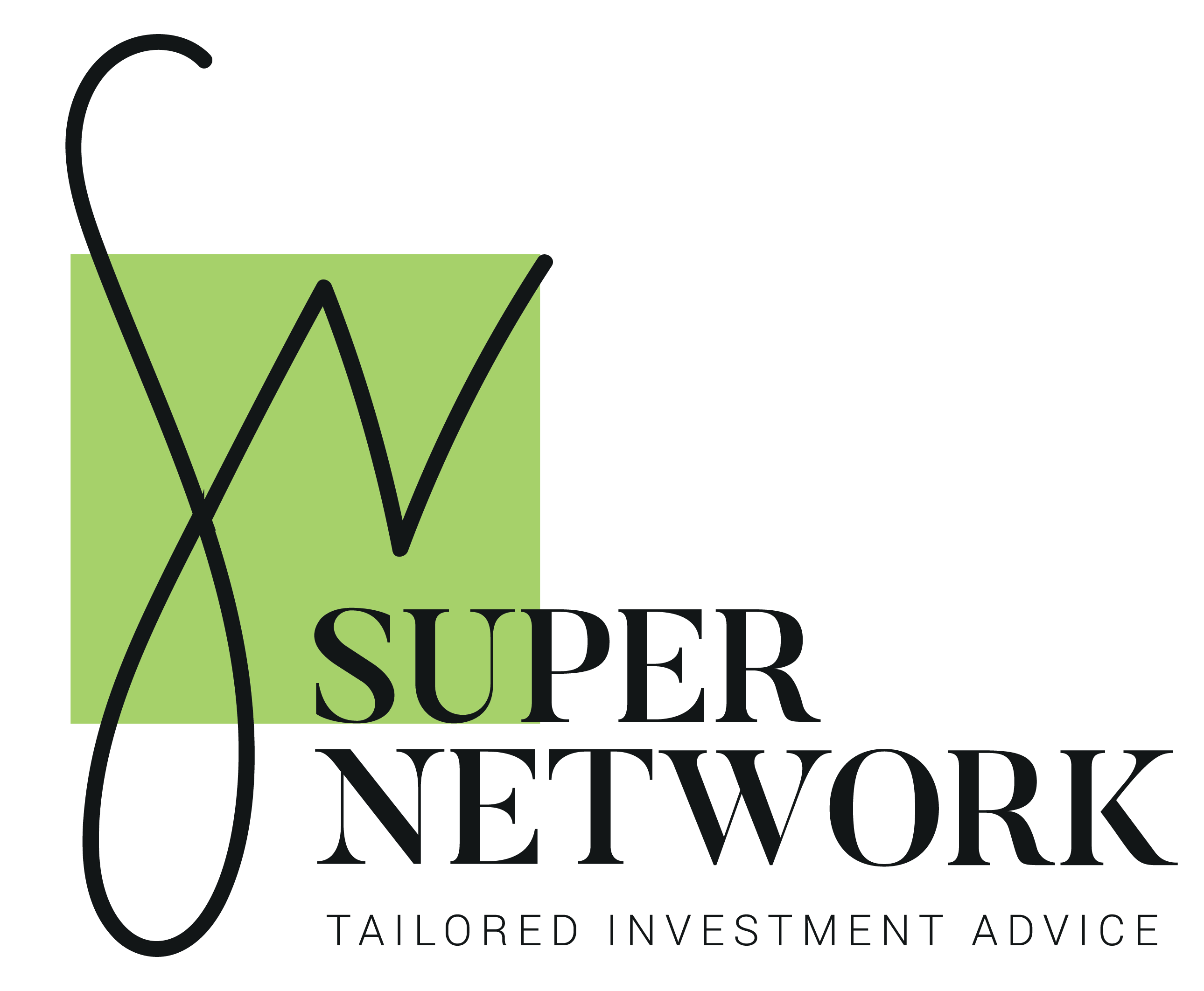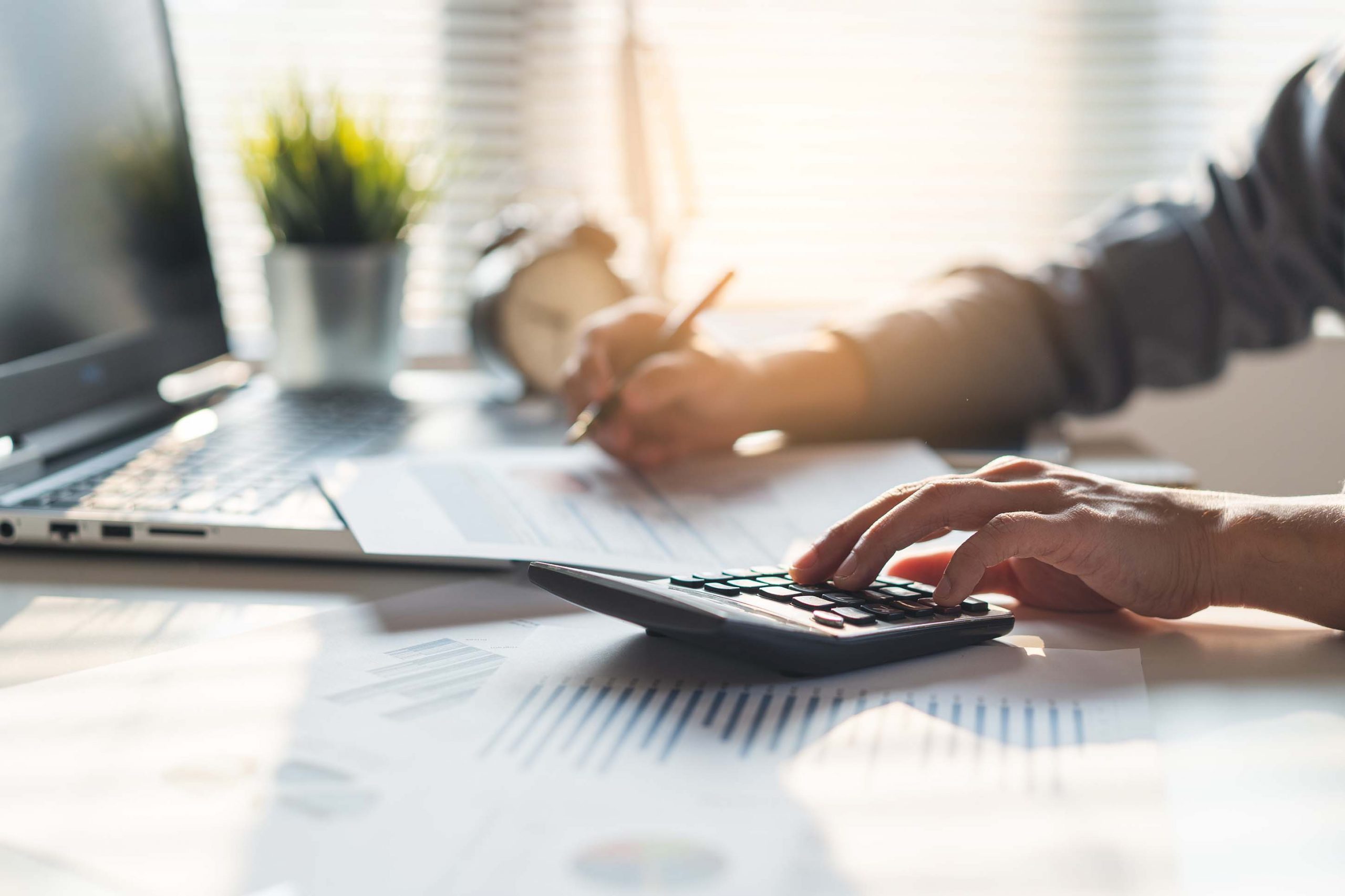For many Australians, the primary question that arises every year is: do I accelerate my mortgage payments to pay my house off sooner, or do I invest? Investing vs. repayments is a popular discussion to have with your financial advisor.
And the answer, as with all things financial, is a confident “it depends on your situation”. This makes reviewing and understanding your financial goals necessary to make realistic financial decisions for the future. Of course, your main goal should be to reach financial security and independence. At Super Network, we can help you identify and implement which strategy is best suited to your individual financial needs.
Analyse your budget
Take a good look at your current finances, especially your high-interest debt and your savings. The rule of thumb for savings is to have a three to six-month cushion for unforeseen expenses. If you’re short on savings, ensure you make putting money aside for a rainy day or a new transition a priority.
Now, make a list of all your debt, including balances, interest rates, and minimum monthly payments. Anything with a double-digit interest rate should be highlighted—pay these off first. These are usually revolving debt like credit and store cards, which are the absolute antithesis of good debt—online shopping sprees and dining out are the epitome of depreciating assets or bad debt.
So put those high-interest cards at the top of your list to pay off first. Once you get those off the books, you’ll have more to invest. And, once those debts are gone, try to adhere to a pay as you go approach to entertainment—there’s no point in paying off a 13% revolving card if you’re just going to run it back up.
Paying interest is not always bad—the pros of investing.
In the world of pro-saving, many believe that paying interest on loans is the sure path to insolvency and destruction. If you’re paying the minimum due on your credit cards every month and the card carries a high-interest rate, that is absolutely true. That great deal on the exercise bike might not look so good when you realise that by the time it’s paid for, it cost you a few hundred dollars more in interest payments.
Your home mortgage, on the other hand, is what’s considered a “good” debt. Interest rates are low, so the interest portion of your house payment is considered relatively minimal. And, you can potentially write off your mortgage interest on your taxes—so that’s a benefit to keeping your mortgage. Finally, unlike cars and exercise bikes, your home is an appreciating asset—so it’s okay to carry some debt that will be worth more when you sell.
Paying yourself first
Investors tend to go by the “pay yourself first” philosophy. This theory is that if your investments earn a greater return than your debt cost, why should you put that cash into paying down mortgage debt? The average mortgage interest rate is about 3.5% over 39 years. In 2019, the average return in the share market was 9.4%.
Let’s put this into perspective. If you have a $500,000 mortgage at 3.5% for 30 years, the monthly payment is about $2245. If you kept to the payment schedule, you’d pay $308,280 in interest—and you could deduct a fair portion of that interest on your taxes. That said, over $300,000 is a lot of money.
On the other hand, if you decide to pay the mortgage off early and add $500 to your monthly payment, you could pay the loan off in 21 years and nine months and save over $94,000 in interest. Who wouldn’t want to save almost a hundred grand?
The magic of compounded interest
Let’s do a flip and take a look at somebody who could make almost $700,000. They might not be so impressed with that $94,000. How is that even possible, you might be thinking? If you took that $500 per month (that you have obtained since you paid off all that high-interest debt) and invested it, the average return on your investment over that 30 years will be 7.5% with compounded interest—for a retirement balance of $678,433.
The pros of paying down your mortgage early
Some people simply don’t like debt, and find carrying any kind of debt to be a considerable stressor. So factor in your psychological well-being when you’re doing the math of investing or paying down your mortgage. If the debt is having a negative impact on you or your partner’s mental health, by all means, make that a priority.
Also, consider your risk tolerance. Conservative investors tend to see the glass half empty and would rather stow their money in fixed-rate bonds, so they’re not going to participate in the riskier edges of the market—the one that’s returning 7.5%. If this is your philosophy, it doesn’t make sense to accelerate paying off your house when your investments are hard-wired to yield in that 3.5% mortgage rate range. When you factor in your aversion to debt and tax breaks, it may not suit you to upend your financial planning for little benefit.
If you’re in a high tax bracket, paying down your mortgage also makes more sense. If your investment income is taxed at a high rate, you might want to keep that tax burden as low as possible, so holding onto your house payment makes sense, regardless of your risk tolerance.
Try a hybrid strategy.
The real question here is not should you pay down your mortgage early to invest, but what’s the best strategy for boosting your portfolio for your retirement?
Paying down your high-interest loans will increase your cash flow in just a few months, and you can put that disposable income into your investment portfolio. This hybrid sort of approach gives you the best of both worlds; you’re increasing your net worth whilst getting your balance sheet in order. Contact Super Network to find out more about the smartest strategies for your personal financial goals. Consulting a financial professional can help you understand the best decisions for your personal goals.


Leave a Reply